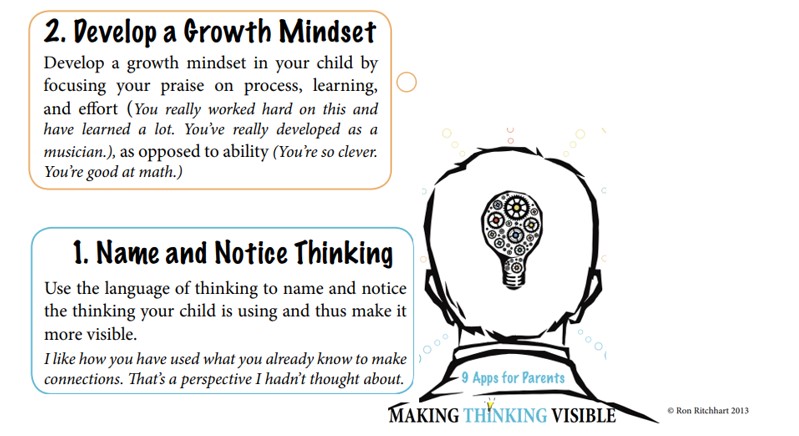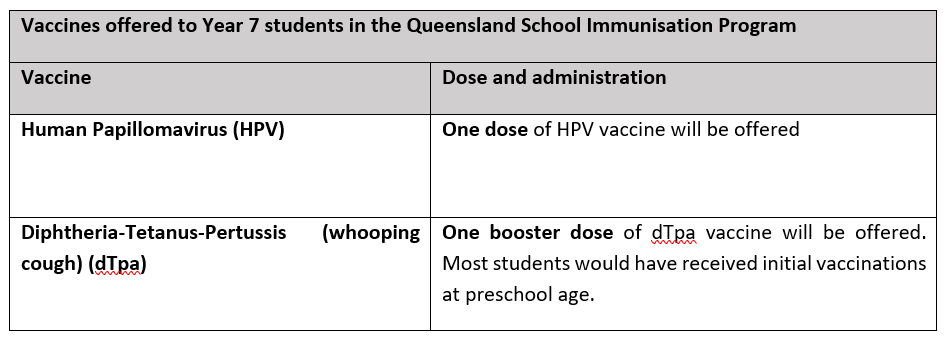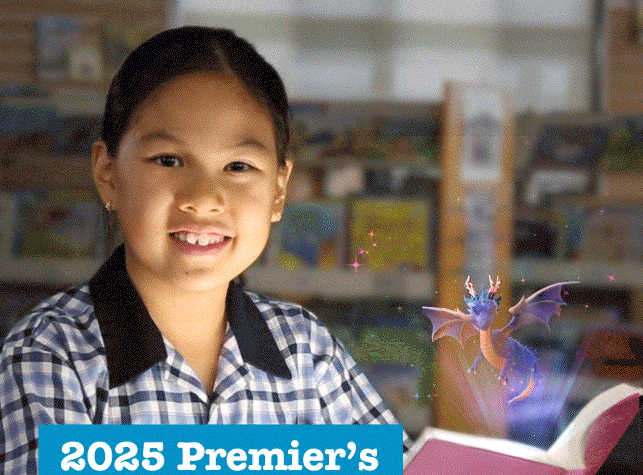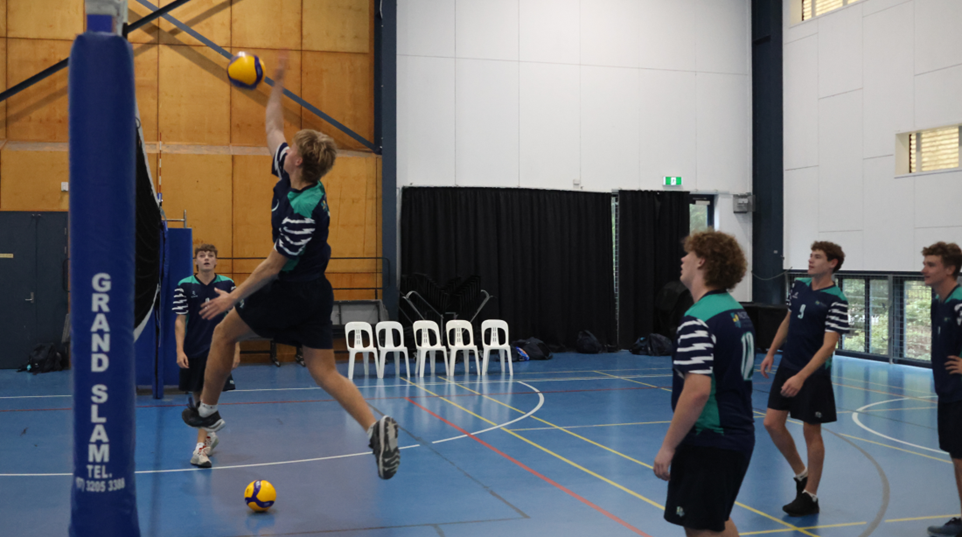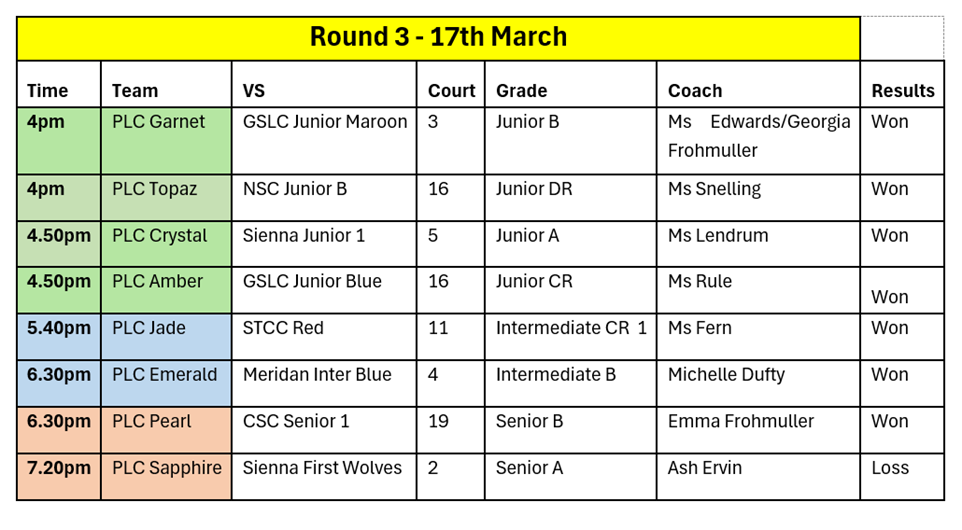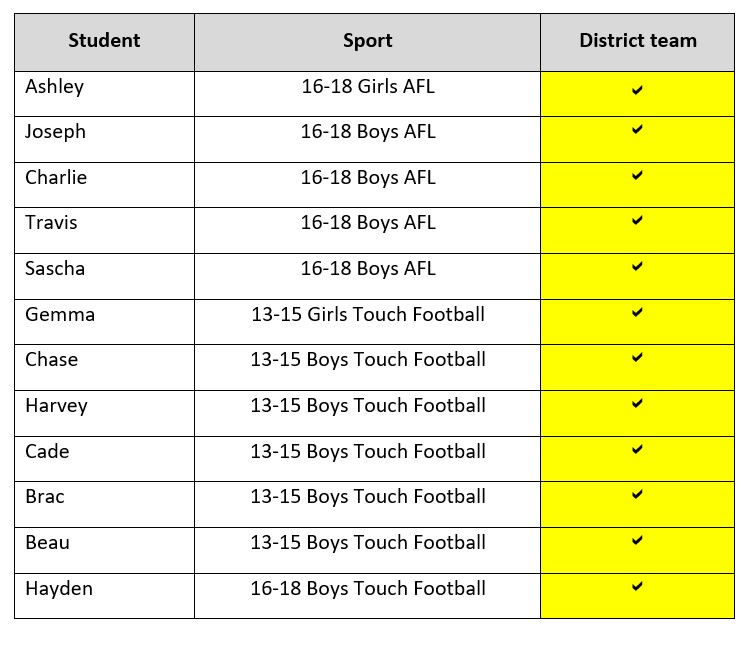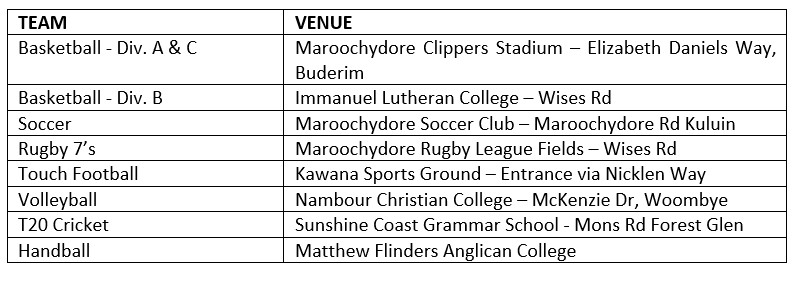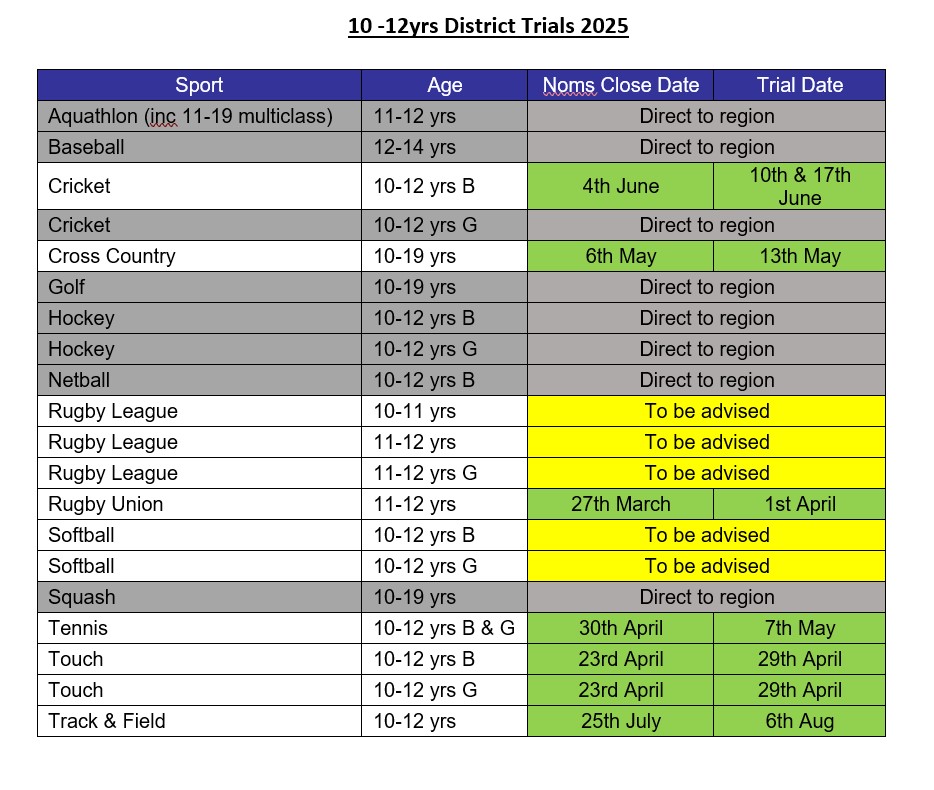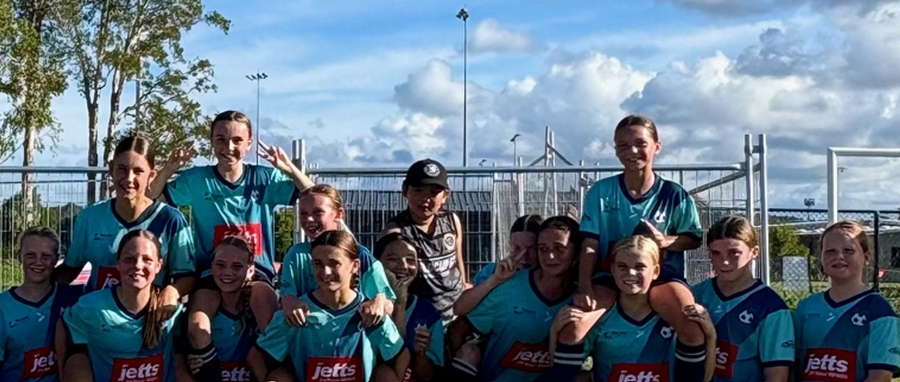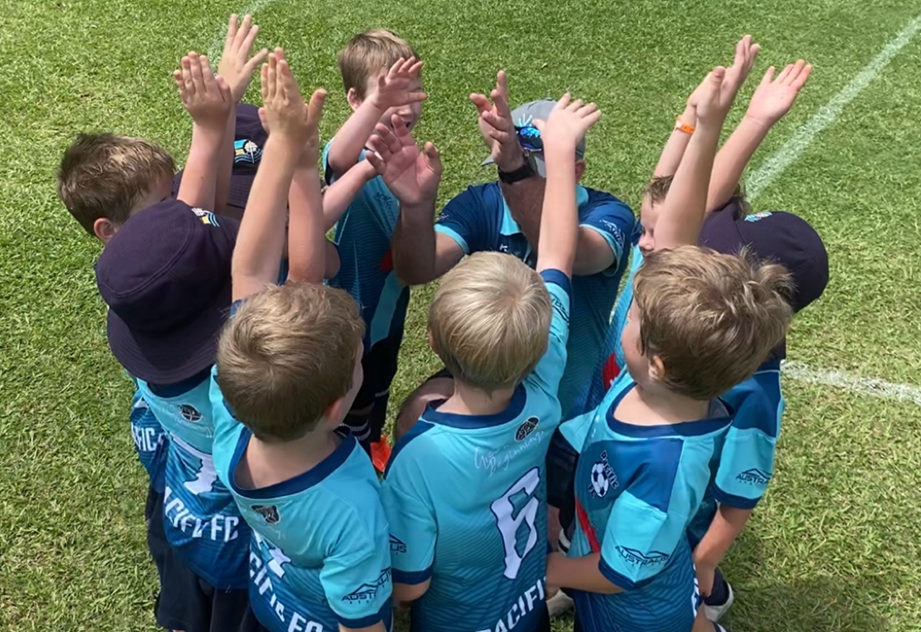As parents, we want our children to embrace challenges, learn from mistakes, and persist in the face of difficulties. A key factor in achieving this is helping them develop a growth mindset—the belief that abilities and intelligence can grow with effort, practice, and perseverance. In this week’s newsletter we are exploring how to develop a growth mindset through “App 2” of Harvard researcher Ron Ritchhart’s, 9 Apps for Parents which are simple yet impactful strategies to nurture a culture of thinking at home.
Growth Mindset vs. Fixed Mindset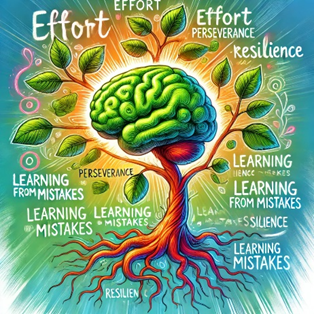
Dr. Carol Dweck, a psychologist and researcher, identified the following two types of mindsets that shape how children view their abilities:
• Fixed Mindset – Children believe their intelligence, talents, or skills are set in stone. They might say, “I’m just not good at math” or “I’ll never be a good artist.” This mindset can cause them to avoid challenges and fear failure.
• Growth Mindset – Children understand that their abilities can improve with effort, strategies, and help from others. They might say, “I’m not good at this yet, but I can learn” or “If I keep practicing, I’ll get better.”
Encouraging a growth mindset helps children become resilient learners who are willing to take on challenges and persist when things get tough.
How to Foster a Growth Mindset at Home
- Praise the Process, Not the Person
The way we praise our children has a big impact on their mindset.
Instead of saying: “You’re so smart!”
Try: “You worked really hard to solve that problem. I can see how much effort you put in.”
When we praise effort, persistence, and learning strategies, children understand that success comes from practice and dedication, not just natural ability.
- Emphasize Learning and Improvement
Encourage your child to see mistakes as opportunities to grow. If they struggle with something, remind them:
• “You’re still learning this. What could you try next?”
• “Mistakes help your brain grow!”
• “Look at how much you’ve improved since you started.”
This helps them focus on progress rather than perfection.
- Normalize Challenges and Setbacks
Let your child see that everyone faces challenges, even adults! Share stories about times you struggled and what you did to improve. For example, if your child finds reading difficult, you might say: “I remember when I found reading tricky too. I kept practicing, and it got easier. Let’s keep going together.”
- Use the Power of “Yet”
Adding the word “yet” can change the way children view their abilities.
Instead of saying: “I can’t do this.”
Try: “I can’t do this yet, but I will keep trying.”
This small shift encourages persistence and reminds children that learning takes time.
- Encourage a Love of Learning
Ask questions that get your child thinking about what they learned, rather than just the outcome.
Instead of asking, “Did you win?”
try: “What was the most interesting thing you learned today?”
“What strategy did you use to figure that out?”
This reinforces the idea that learning is a journey, not just about getting the right answer.
- Model a Growth Mindset Yourself
Children learn by watching us. If we react to our own mistakes with frustration, they will too.
Instead, try saying:
• “I made a mistake, but I’ll try again.”
•“This is challenging, but I’m learning from it.”
By modelling a growth mindset, you show your child how to approach challenges with confidence and resilience.
The Long-Term Benefits
Children with a growth mindset are more likely to:
- Take on challenges with confidence.
- Persist when things get tough.
- Develop resilience and problem-solving skills.
- See effort as the key to success.
By fostering a growth mindset at home, you’re setting your child up for a lifetime of learning and growth.
Let’s encourage our children to embrace challenges, celebrate effort, and believe in the power of “yet.”
Over the coming weeks, we’ll continue explore the 9 Apps for Parents, that offer a simple ways to enrich your child’s thinking at home. Let us know how this second strategy works for your family—we’d love to hear your experiences!
Mrs Sue Zweck, Head of Learning K-5
